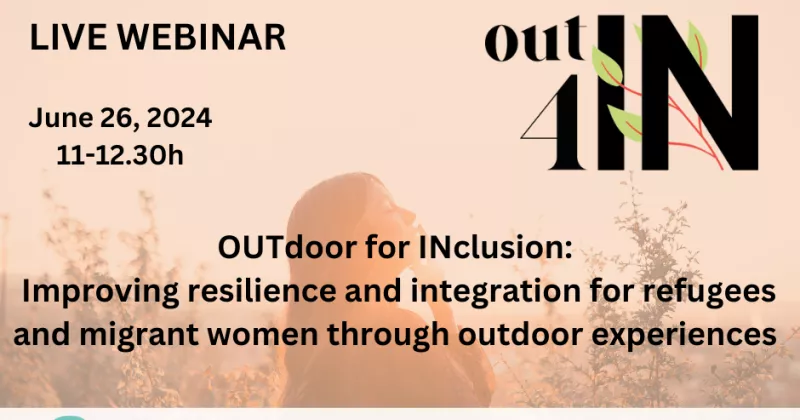Dialogue as a basic skill - access and opportunity

"Everyone who has the skills and experience of engaging in dialogue has the responsibility to enable others to gain them," stated Laura Arikka, CEO of the Finnish Time out foundation at the Finnish multiplier event of the Erasmus+ project titled Dialogue In Adult Learning (2022-1-FI01-KA220-ADU-000086226).
But how to do this? Our project has engaged in teaching dialogue skills in various communities with 'dialogue ambassadors' who participated in a pilot training in November 2023 in Finland, Greece, Italy, Poland, and Slovenia. This year we have organised dialogue workshops with learners and stakeholders who included e.g. professionals who need dialogue at work. Here we share some of our tips.
Firstly, dialogue is a basic skill that is a necessity in today's working life. Since Covid there has been a great need to access them, as they seem to be neglected. They are like a muscle that need constant training. But how to access dialogue opportunities? Our stakeholders talked to us about the power of community: for example, when working with minorities, it is important that key persons in the community initiate dialogues and that the need arises from within.
Secondly, when facilitating a dialogue or organising workshops or bringing elements of dialogue to events like meetings, we need to give it time. We noticed in all our countries that people don't just start conversing, they need ice breakers, encouragement and time to feel safe. Safety was an issue mentioned by both learners and stakeholders as the most important issue in particular when engaging more vulnerable groups.
We identified techniques and exercises to teach the four basic skills of dialogue: reflection, listening, speaking, and suspension, which was considered by our learners the most difficult of the four. Still, it is vital in giving the opportunity to participants who lack encouragement to join in. Some simple ideas for encouraging more silent participants include splitting a large group into pairs and even timing the discussion so that everyone gets to concentrate on listening instead of rushing to comment. We also organised on line dialogues, where some participants were more eager to share their thoughts through boards like Padlet, where one can be anonymous. When participants see that other people accept their ideas, they might be more willing to talk to each other.
The project has published two guides for bringing dialogue for all: one is a guidebook on the basics of dialogue meant for everyone, the other includes tips of training dialogue ambassadors and bringing dialogue to your community. Both have plenty of practical advice and exercises. They can be accessed on the project's website.
We have learned in the project that anyone can become a dialogue ambassador and take dialogue to their workplace, association or even family! People generally long for interaction: for example, according to the Finnish Hyvin sanottu survey 77 % of Finns enjoy meaningful conversation. The trick is to initiate dialogue where people already are to provide more opportunities to engage.
If you want to learn more of our experiences with e.g. dialogue in families and cultural institutions, please join our webinar on 29/8/2024. Find more information here.




